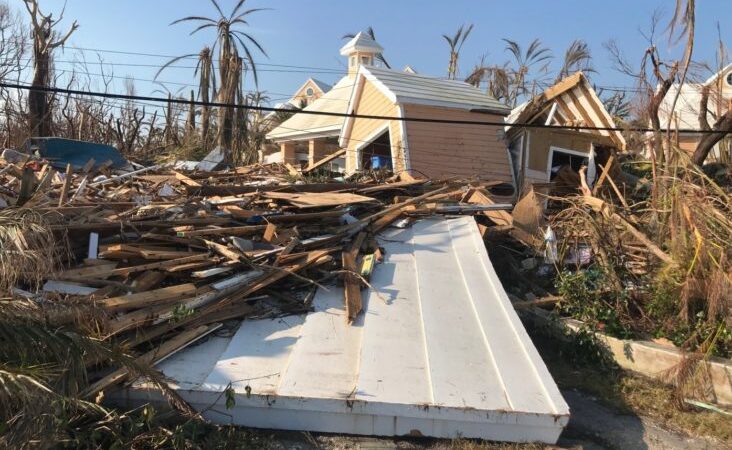Problem: Destructive storms like Hurricanes Maria and Irma are unfortunately becoming routine for Caribbean nations in the face of climate change. One solution is to “harden” critical infrastructures, like schools and hospitals. However, these islands will inevitably face severe damage, including power outages, water shortages, and housing loss. While frameworks exist to respond to these disasters and increase resilience, it seems there is a disconnect between community organizations/leaders and larger, more formalized organizations. This disconnect can result in post-disaster response actions that are slow, uncoordinated, and have the potential to be ineffective.
Objective: To develop a disaster response curriculum with and for community leaders which will act as a framework that will do the following:
- Highlights what works and does not work in disaster response in the many contexts of the Caribbean
- Identifies the key players and their roles in disaster response (specifically those of women and community leaders/organizations)
- Supports the sharing of knowledge between entities in order to effectively respond to disasters in Barbados and the Caribbean
Although this will include some academic review, its unique feature will be its reliance on listening to and learning from the women and community leaders who have been through disasters. What have they learned? What would they like to see improved? How can we mend this communication disconnect in order to best and most effectively respond to disasters? This will be done through the use of interviews, surveys, community meetings, and other methods. The curriculum development process will provide a necessary, novel, and exciting opportunity to amplify the voices of women and other important community leaders as well as have their best practices guide effective disaster response for the Caribbean more broadly.
Team: Jessica Heckman, Claire Hirashiki
Advisors: Liz Koslov, Peter Kareiva
Client: Clara Lionel Foundation

